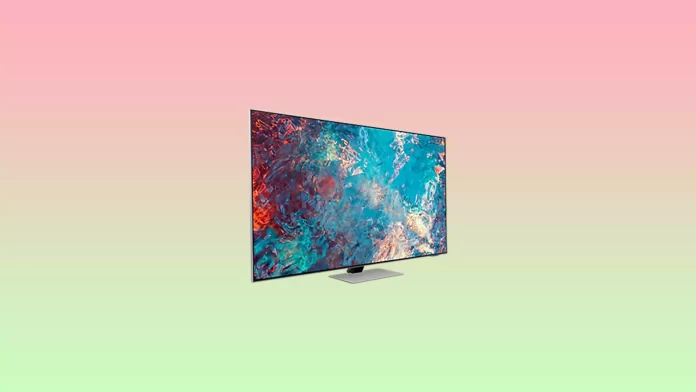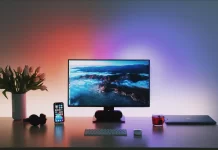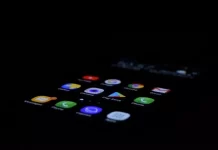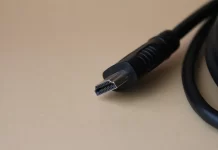In early 2022, Samsung announced the world’s first 4K 144Hz TV. First and foremost, this is excellent news for gamers. However, regular TV users have also taken it positively. Nevertheless, not everyone understands the point of a high screen refresh rate.
In short, the higher the screen refresh rate, the smoother the image will be on your TV or monitor. However, this all depends on your PC’s performance or the model of your console. If everything is more or less clear with games, then with ordinary watching TV, not everything is so obvious. After all, not all services support 144 Hz. So let’s figure out if it’s worth spending money on a 144Hz TV.
What does 144 Hz mean?
144 Hz is the refresh rate of the screen. This means that the screen refreshes the image 144 times per second. This is where FPS (frames per second) comes into play. If you’ve ever played a game on a PC, you probably know how important FPS is. This is especially true for dynamic shooters, where your shooting accuracy and reaction depend on the frame rate.
If you bought a 144Hz monitor, but your PC or console doesn’t give more than 60 FPS, the image, to put it mildly, won’t be very good. Honestly, it will be even worse than on a 60 Hz monitor. This is why FPS and the performance of your PC or console are so important if you want to buy a 144Hz monitor.
The same goes for TVs. Most gamers connect their Xbox and PlayStation to their TVs. However, only the latest Xbox Series X/S and PS5 models support higher frame rates, namely 120 FPS. All previous generations have a threshold of 60 FPS. And that means that even with your TV’s refresh rate of 144 Hz or higher, you’ll still have 60 frames. That would be stinging to the eye. However, it is worth noting that most games still go at 60 FPS even if the console supports 120 FPS.
Do you really need a 144Hz TV?
There’s a reason why the best gaming TVs for the PS5 and Xbox Series X/S don’t need 144 Hz. As stated earlier, this is simply because the frame rate per second on both consoles reaches a maximum of 120 FPS. Something like Forza Horizon 5 on the Xbox Series X looks exquisitely smooth on a regular 4K TV at 120 FPS, but it won’t look any better on a 144Hz TV because the limit is the console, not the TV.
Of course, if you connect your PC to the TV, take a gamepad and play your favorite games sitting on the couch, then the 144Hz TV would be nice. But, frankly, I highly doubt anyone would want to bother so much. After all, it will be easier and more profitable to buy a monitor at 240 or 300 Hz, and play the same games with more FPS and pleasure. And console users will have to wait for the release of models with support for higher frame rates.
As for watching movies, you’ll need even less TV at 144 Hz. Most movies – even Blu-ray ultra-high-definition movies – are released at 24 frames per second, while TV shows are usually at 30 frames per second. That’s why there is no point in having a 144Hz TV. At least until movies, TV shows, and TV series are shot at higher frame rates.
What are the limitations of 144Hz TVs?
If you want to connect your PC to your TV at 144Hz and still play games at the same frequency, you won’t be able to. The thing is that TVs don’t have DisplayPort yet. And conventional HDMI cannot transmit this number of frames.
If your GPU supports HDMI 2.1 output and preferably DSC (Display Stream Compression). With this configuration, you will be able to transmit all 140 frames per second to the TV. If you’re currently using DisplayPort, you’ll probably have to give it up.
However, the new consoles may also get updates that will allow you access to 144 FPS and higher. There’s no information on that at the moment, but the powerful PS5 and Xbox Series X can do it. So either way, you’ll benefit from having an HDMI 2.1 cable.
After all, by far the best solution for gaming is to buy monitors with 144Hz or higher, not TVs. And for regular video viewing, it is better to buy an 8K TV than to spend the same amount of money on a 144Hz. The technology on TV is still raw, and it will take a while until all the services and programs adjust to it.






